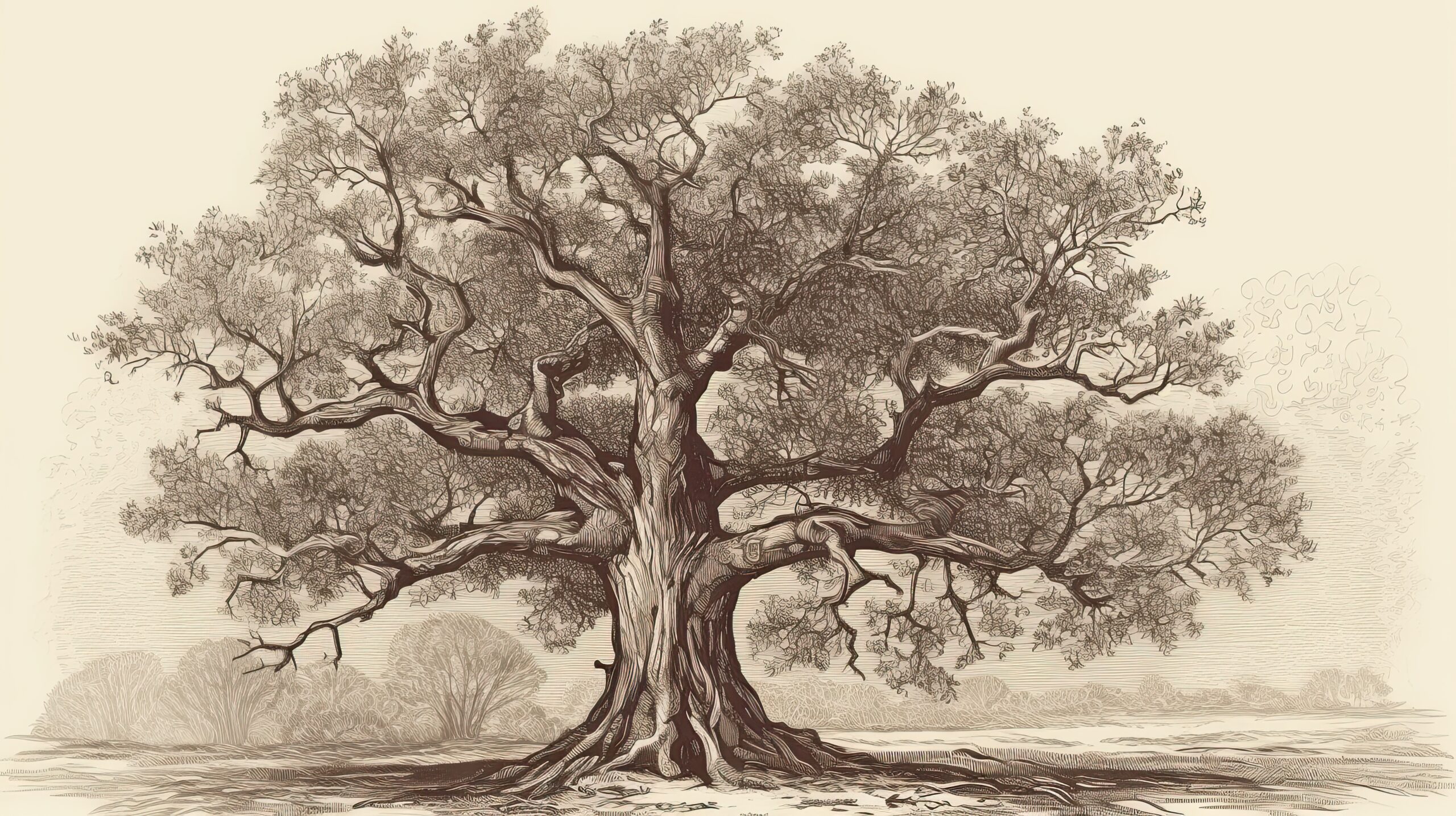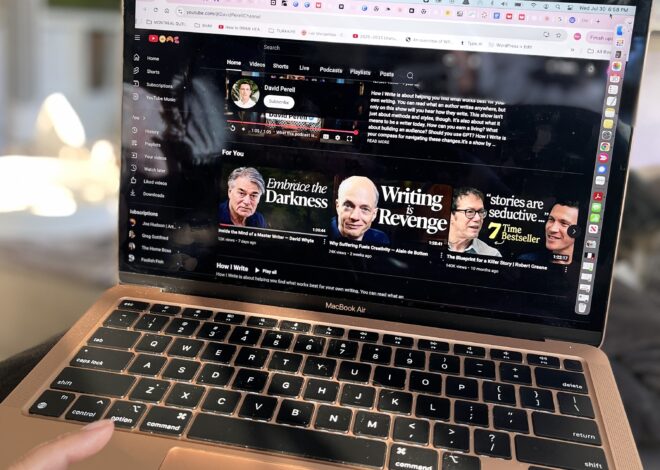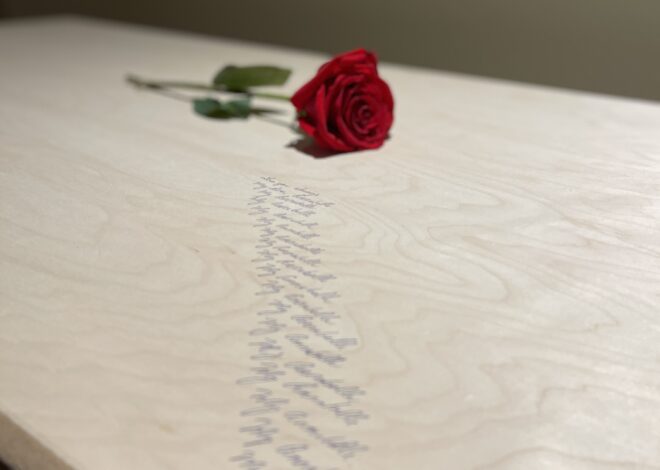
The Art of Making Yourself Small: A Family Pattern Exposed
My mother’s sisters. That’s the truth I rarely say aloud. They frustrate me in ways that go deeper than annoyance, taking up space I can’t quite name.
I watch them disappear into their marriages. See how they shrink when their husbands speak, adjusting their clothes, their voices, even their laughter to fit whatever box they’ve been handed. One aunt knows her husband cheats but stays anyway, as if a bad relationship is better than being whole alone.
These men make comments about my recent financial changes like I’ve won some lottery instead of surviving grief and loss. Their words crawl under my skin. Their presence feels like an invasion.
So why can’t I stop thinking about them? Why do they take up residence in my mind, uninvited but persistent?
Because this isn’t really about them at all.
I’m still carrying my mother’s wounds. And I’m watching them live the life I once escaped.
In my twenties, I had a boyfriend who controlled everything. What I wore, how I spoke, how I moved through the world. He stole my money and dictated my choices until my own voice disappeared completely. I was so lost in the fantasy of “true love” that I followed him from Montreal to Vancouver, believing he was my salvation.
But you outgrow the fantasy of someone saving you. What our young hearts really need isn’t rescue. It’s real love. Not the fairy tale where someone swoops in to fix everything, but the kind of love that grows when you stand up for yourself first. When you live for yourself first. Only then can you contribute to the beautiful give and take of a truly healthy relationship.
I want healthy relationships for all the women in my bloodline. But I can’t want it more than they want it for themselves.
So when I watch my aunts shrink and comply, I’m not just angry for them. I’m angry for the version of myself who once believed control was love. I’m grieving for every woman who settles for less because she’s afraid of being alone.
The Pain Beneath the Surface
What I feel isn’t simple irritation. It’s ancestral grief, sharp and deep. When I look at my aunts, I don’t just see women who’ve lost themselves to outdated roles. I see the same systems that broke my mother’s heart. I see generations of women trained to endure rather than speak, taught that silence is safety and dependence is survival.
There’s something haunting about watching a woman refuse to save herself. It makes you feel helpless, furious, and fiercely protective of the version of yourself who might have grown up believing this was normal.
My reaction is so intense because my spirit recognizes this truth. I’m watching a repetition of harm disguised as family. I’m seeing women choose what I once chose, and stay where I once stayed.
And in that recognition, everything shifts.
The Weight of Being the One Who Sees
Families pass down more than recipes and photo albums. They hand over unspoken rules, invisible roles, and unhealed trauma. Some crown you “the caretaker.” Others cast you as “the rebel,” “the quiet one,” or “the disappointment.” These roles form a closed system that resists change.
When you become the one who sees clearly, you break that system.
You stop pretending the joke is funny. You name what others won’t. You refuse to let discomfort masquerade as love. This clarity often costs you loneliness, isolation, and guilt that sits heavy in your stomach, but it also cracks open the door to real healing.
Still, even with perfect vision, the thoughts circle back. You replay conversations, rehearse what you should have said, feel your body tense when someone mentions their names. This isn’t obsession. It’s your system looking for resolution in a place where none exists.
It’s grief in disguise.
Grieving the Family That Never Was
This grief isn’t just for who they are now. It’s for the family you hoped they might become. For the way you wished your mother had been loved and protected. For the childhood version of yourself who might have felt safer if the adults around her had chosen courage over compliance.
Grief like this can’t be fixed with a single difficult conversation. It lives in your body, settles in your bones. It needs time, truth, and tremendous compassion.
But it also becomes the foundation for something revolutionary. Your own spiritual evolution.
Spiritual Growth Through Fire
When you’re the one who sees, you’re not just recognizing dysfunction. You’re being called to end it. This is sacred work. It’s painful, often thankless, but transformative.
Spiritual growth begins the moment you stop asking “Why are they like this?” and start declaring “I choose not to be.”
You stop waiting for their understanding and start building boundaries that protect your peace. You mourn what was and what never will be. Then you choose something entirely new.
This is when you become the first of your line to wake up.
You become the ancestor your descendants will thank.
You become the woman who said no when everyone else said yes. Who turned pain into power. Who walked through the fire and chose to build something honest on the other side.
What I’ve Learned About Letting Go
I write the truth now. Letters I’ll never send. Journal entries where I say everything. I speak aloud what no one else will acknowledge. My body needed this release.
I’ve created symbolic closure. Burned letters. Buried stories. Lit candles and said, “This ends with me.” I gave my pain a ritual so my spirit would know it was time to let go.
I protect my energy differently now. I visualize my mind and heart surrounded by light. Their energy cannot reach me unless I open the door.
I choose new truths: I honour my mother by setting myself free. I am not responsible for the suffering others choose. My anger leads me to clarity. I forgive myself for carrying what was never mine.
The Freedom in Walking Away
I may always think of them sometimes. Memory doesn’t follow orders. But I don’t have to carry them anymore. Their choices belong to them. Their silence doesn’t need to live in my body. Their pain, while ancestral, doesn’t have to be my inheritance.
This isn’t about cutting people out with bitterness. It’s about reclaiming the parts of myself that deserve to live in peace.
Sometimes healing looks like turning toward your own life and walking forward with both hands free. Sometimes it looks like becoming the woman who chose herself, even when no one else would.
The thoughts may still come. But now when they do, I recognize them for what they are: echoes of old pain, not commands for new action. The difference is everything.
This reflection represents personal insights and is intended for contemplative purposes. For professional guidance regarding relationship challenges, please consult a qualified therapist or counsellor.



